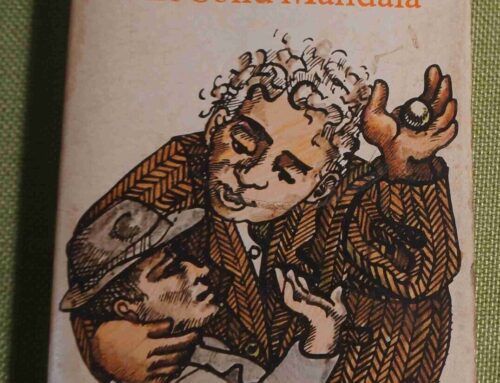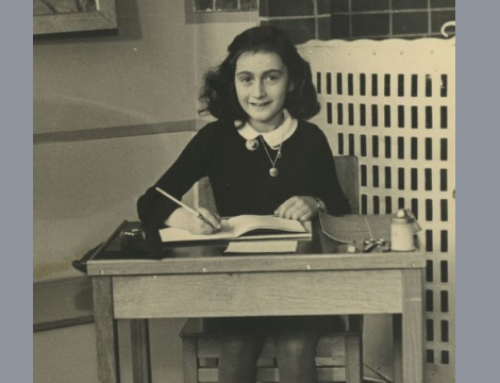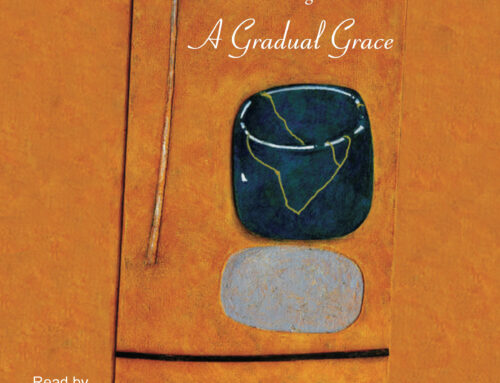I confess that until recently, I had not read any of John Steinbeck’s books. They were not on our set list at school or even in the modern American literature stream in my Arts degree. Steinbeck was awarded the Nobel Prize for Literature in 1962, “for his realistic and imaginative writings, combining as they do sympathetic humour and keen social perception.”
A friend, whose judgment I respect, recently spoke of Of Mice and Men as one of the most memorable books he has read, so I ordered a copy.
The story opens at the end of a hot day a few miles south of Soledad in California, where “the Salinas River drops in close to the hillside bank and runs deep and green.” The scene is described in simple terms:
On the sand banks the rabbits sat as quietly as little gray, sculptured stones. And then from the direction of the state highway came the sound of foosteps on crisp sycamore leaves. The rabbits hurried noiselessly for cover. A stilted heron labored up into the air and pounded down river. For a moment the place was lifeless, and then two men emerged from the path and came into the opening by the green pool.
The men are dressed alike in denim, carrying blanket rolls. One is small and quick “with restless eyes and sharp, strong features.” Behind him walks his opposite, “a huge man, shapeless of face, with large, pale eyes, with wide sloping shoulders.” He drags his feet “the way a bear drags his paws.”
These succinct descriptions tell us much about the characters of the two men. George, the small man, is quick and bright, and Lennie is slow and forgetful and childlike in his dependence on his mate. This unlikely couple are about to step into the world of work on a ranch, “bucking grain bags, bustin’ a gut.”
George finds Lennie a burden, but the bond is one he cannot break. George says,
“Guys like us, that work on ranches, are the loneliest guys in the world. … With us it ain’t like that. We got a future… Someday—we’re gonna get the jack together and we’re gonna have a little house and a couple of acres an’ a cow and some pigs and—”
“An’ live off the fatta the lan’“, Lennie shouted, “and have rabbits’.”
Such is the skill of Steinbeck’s writing that we are drawn into this world where men live tough, lonely lives and form bonds with each other and dream of a place of their own, a place where they can live off the land and have dignity and companionship. Yet we sense, through the tension of the writing, that this dream will not happen. The seeds of conflict and tragedy are scattered through this scene, where the desires of two lonely men for safety, dignity and sustainable living are bound to be thwarted, whether by their own mistakes or by the harshness of the society they live in.
The tension increases when they reach the ranch and settle into the bunk house and the social hierarchy of the workers. There’s Candy, the old one-handed swamper (odd-jobber), the boss, his son Curley, a lightweight boxer who “hates big guys”, Curley’s young wife, heavily made up and provocative, who comes in looking for Curley, and then there’s Slim.
He was a jerkline skinner, the prince of the ranch, capable of driving ten, sixteen, even twenty mules with a single line to the leaders. He was capable of killing a fly on the wheeler’s butt with a bull whip without touching the mule. There was a gravity in his manner and a quiet so profound that all talk stopped when he spoke. His authority was so great that his word was taken on any subject. … His hatchet face was ageless. He might have been thirty-five or fifty. His ear heard more than was said to him, and his slow speech had overtones not of thought, but of understanding beyond thought. His hands, large and lean, were as delicate in their action as those of a temple dancer.
For me, this description alone made the book worth reading. The mystery of this man is that he has such authority, yet he is so gentle and intuitive.
Slim looked through George and beyond him. “Ain’t many guys travel around together,” he mused. “I don’t know why. Maybe ever’body in the whole damn world is scared of each other.”
The lowest man in the hierarchy is Crooks, the negro stable buck, with a crooked spine. His is segregated: his bunk is in the harness room. He is proud and aloof. “He kept his distance and demanded that other people keep theirs.” Despite his pride and defensiveness, Lennie makes friends with him while the other men have gone into town. Lennie tells him of the dream he shares with George, and now with Candy, who has overheard their conversation and offers to put in his life savings if they’ll let him live there and cook and tend the vegetables. For a brief while, Candy, Lennie, and Crooks talk about the dream of a piece of land, and Crooks drops his defensive, negative stance and suggests he could come and lend a hand. “I ain’t so crippled I can’t work like a son-of-a-bitch if I want to.”
Enter Curly’s wife, heavily made up, looking for Curley.
From here on, the action escalates and takes on the timbre of a Shakespearean tragedy.
The act that brings the lives of these men to a climax is not described here, in case you haven’t read this book. But I must quote a short passage that follows it.
As happens sometimes, a moment settled and hovered and remained for much more than a moment. And sound stopped and movement stopped for much, much more than a moment.
The perfection of this prose is in its simplicity and the musicality of its alliteration and repetition that captures a dimension beyond the reality of the stables and the ranch and the damaged, lonely men who inhabit this world.




